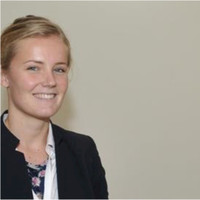 This week we meet Marrieke van Oversteeg, alumna from the Master of Science in Economic History, class of 2014. Today Marrieke works as an Economic/Trade Policy Officer and Business Developer in the Gulf Region at the Embassy of the Kingdom of the Netherlands in Muscat, Oman.
This week we meet Marrieke van Oversteeg, alumna from the Master of Science in Economic History, class of 2014. Today Marrieke works as an Economic/Trade Policy Officer and Business Developer in the Gulf Region at the Embassy of the Kingdom of the Netherlands in Muscat, Oman.
You graduated from Lund University in 2014. What have you been up to since your graduation?
After my graduation I started an internship at the Embassy of the Kingdom of the Netherlands in Muscat, Oman. At that time we had a small team at the Embassy which made the work very diverse. The internship lasted 5 months after which I went home to the Netherlands for the Christmas holidays. During the holidays I was contacted to do research on the energy sector at the Embassy in Riyadh, Saudi Arabia for 4 months. It gave me a great opportunity to experience life in Saudi Arabia. As the 4 months passed I applied for the vacancy of Business Developer for the Gulf Region. I am part of a Regional Business Development team that focuses on business development in Bahrain, Kuwait, Oman, Qatar, Saudi Arabia and the United Arab Emirates. Besides working, I started studying Arabic since I arrived in Oman, which is a difficult language to learn but I am determined to become fluent one day.
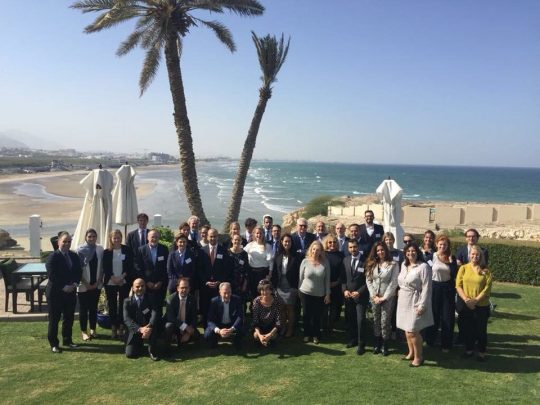
What does a typical day at work look like for you?
I drive, as it is hard to walk or bike in Muscat, to our office which is located in a neighborhood close to the sea. I work in a very diverse team with many different nationalities. Within the Embassy I work in the Economic Team which focuses on promoting Dutch businesses in Oman. I try to facilitate contacts and contracts between Dutch companies and Omani stakeholders. My priorities are the logistics and the water sectors. As Oman is ranked in the top 10 of the most water-stressed countries by 2040 according to the World Resources Institute the need for dialogue and cooperation on this topic is evident. The Netherlands is well-known for its strengths in the water sector, such as water governance and technologies. Therefore we see the added value of dialogue and cooperation with a country such as Oman on national as well as regional water challenges.
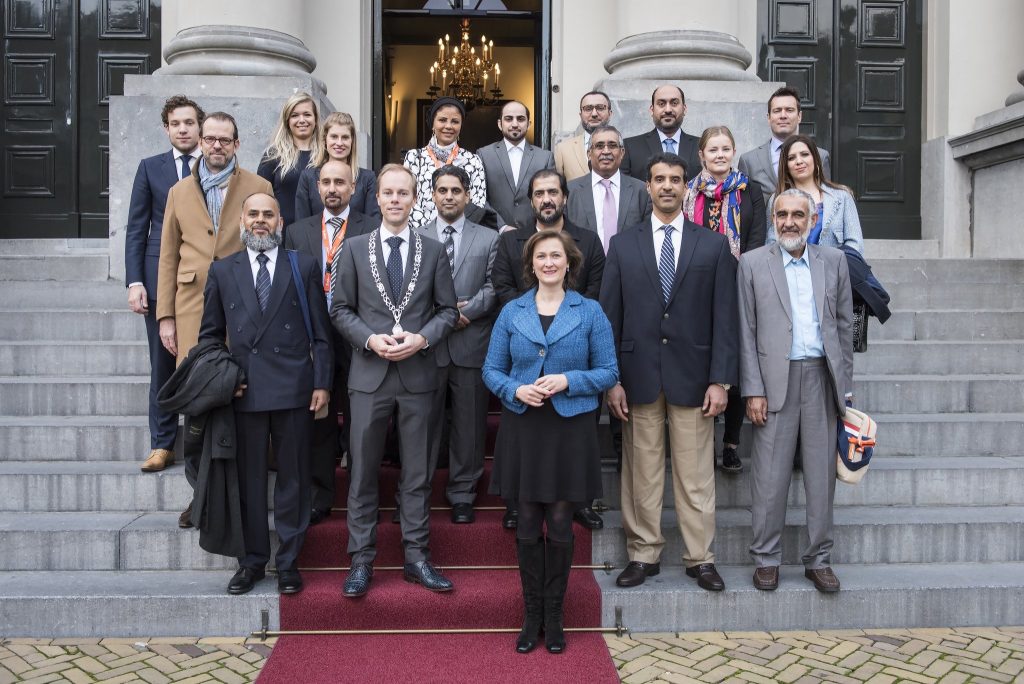
The work is never a routine, and every day is different. Working in an Embassy opens many doors. One day I join the Ambassador in a meeting with a Minister, and another day we are invited to an Open Golf Tournament to see a well-known Dutch golf player. We attend several conferences and exhibitions such as the International Road Union World Congress or the Oman Energy & Water Conference. Within our team we follow political and economic developments and of course there is the administrative work that needs to be done.
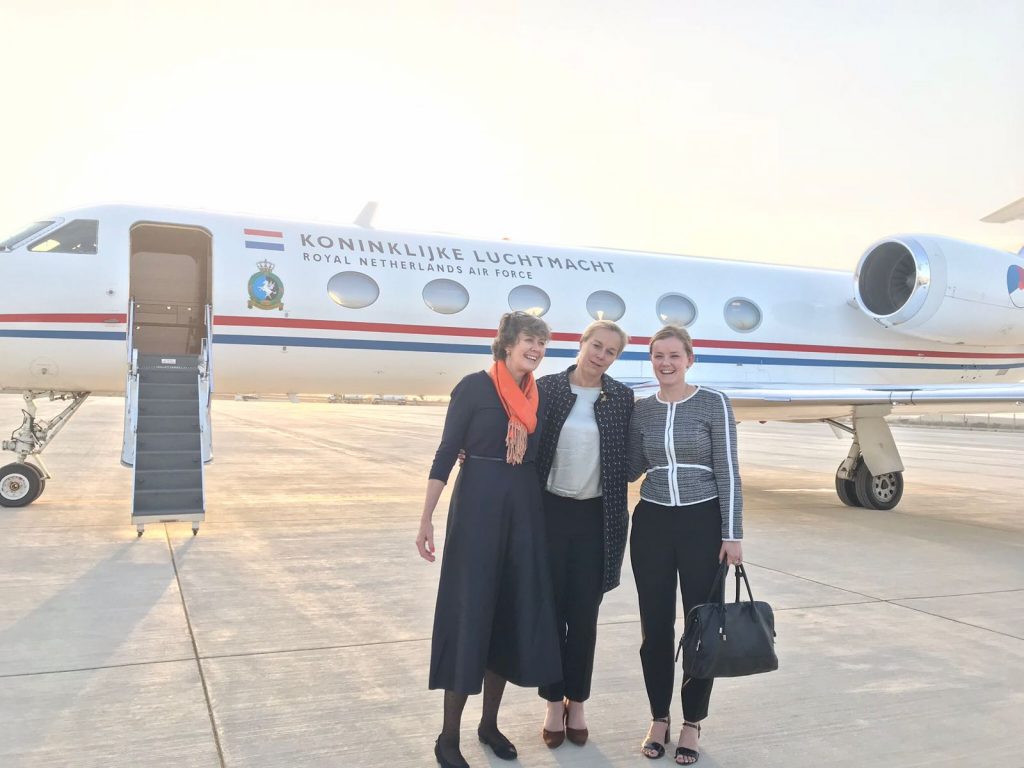
What do you enjoy most about your work?
What I like most are the insights it gives into the development of a national economy. During my first months at the Embassy the oil price started dropping which led to one of the largest oil price declines (between 2014 and early 2016) in modern history according to the World Bank. While the prices slowly recovered it affected the country’s economy and signaled the importance of diversification of the economy. The Government of Oman set up a programme called Tanfeedh to look into the possibilities of diversifying the economy. Sectors such as Logistics and Tourism have been identified as priority sectors which could contribute to the diversification plan.
Has your education from Lund University been beneficial for you in your work? In what ways?
The masters in Economic History contributed to my understanding of the economic development of a country and the challenges that come along with it.
How did you come to the decision to move to, and start working, in Oman?
I was born in Oman and when I saw the vacancy for the internship I thought it would be a good chance to see where we used to live. To start working in Oman longer term was an easy decision as it is a beautiful country, with great people and interesting work challenges. The most difficult aspect about living abroad is missing your family and friends.
How does everyday life differ between the Netherlands and Oman?
First of all, I miss riding a bicycle, which is a bit difficult in Muscat. The weather is very different, I love the sunny weather but the summer can get quite hot (even above 50ᵒC!). The lifestyle in Muscat is quite relaxed compared to the Netherlands.
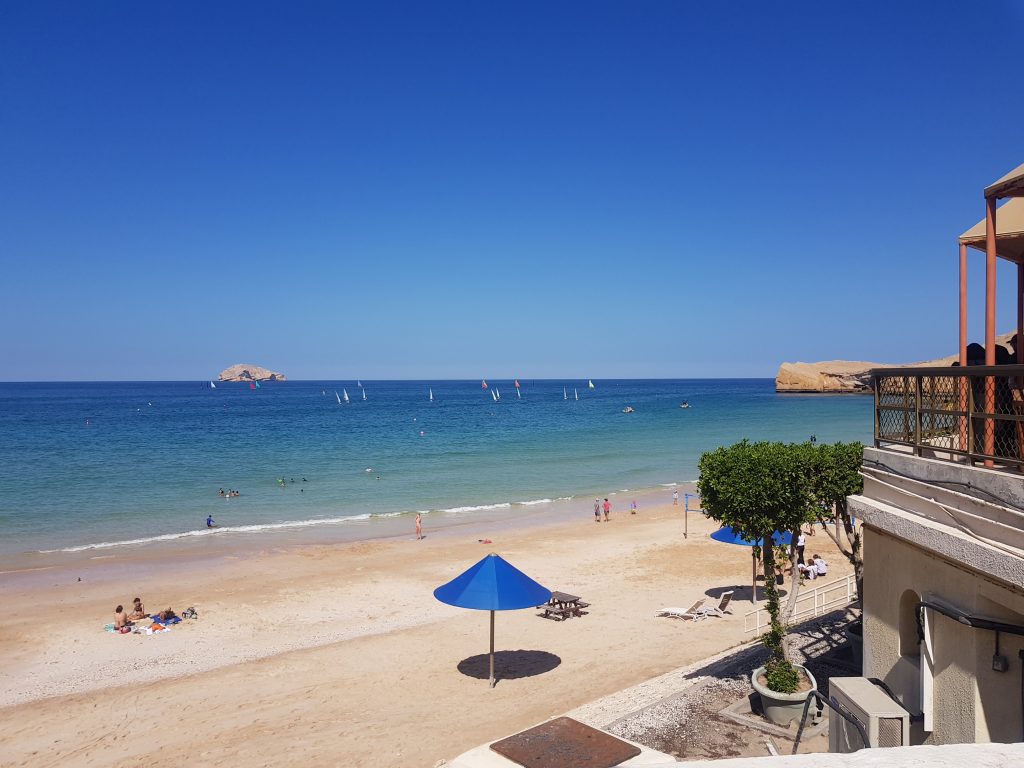
What do you enjoy doing on your free-time?
Oman is a beautiful country with mountains, sea, beaches and desert. You are allowed to camp everywhere which gives great possibilities for weekends away from the city. When you go snorkeling the coral is amazing and quite often you can see turtles. I have a group of friends with whom we go hiking in the mountains regularly. Oman is a great holiday destination.
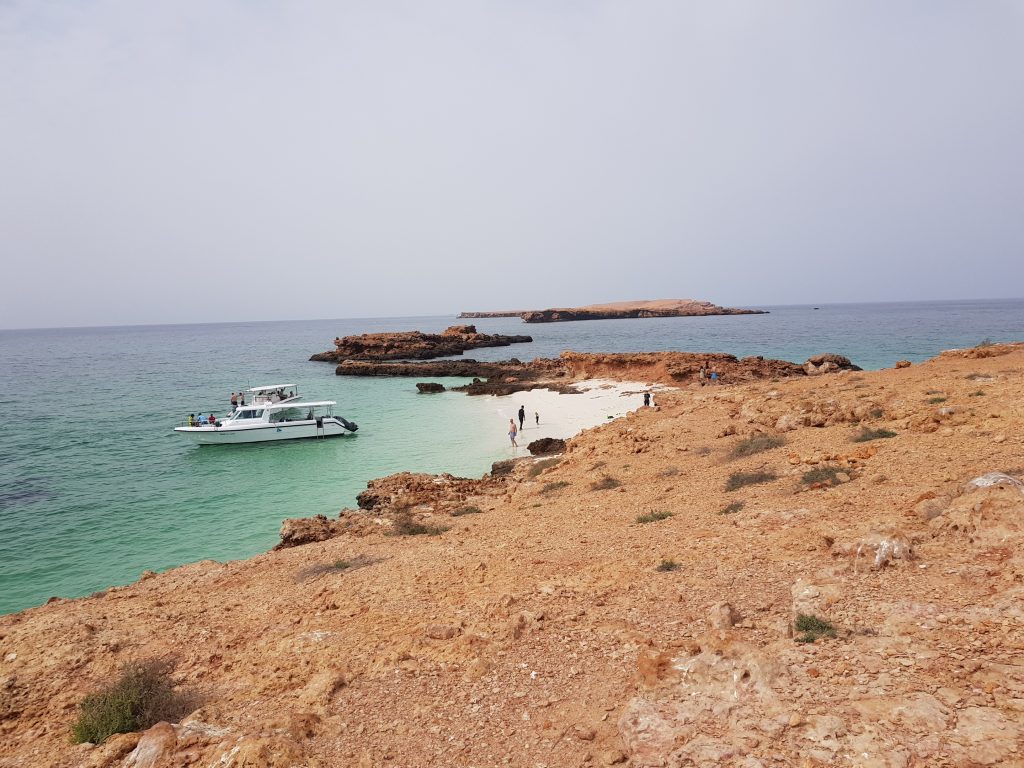
What is your favourite memories of your student days in Lund?
We had a very interesting group of students on the Economic History programme, all with different backgrounds and nationalities, which made the discussions very stimulating.
Besides studying, I took a great trip in Sweden to Stockholm, where I went to a concert of Avicii (who sadly passed away in Oman last year…). I did some sailing with my group of friends, was part of the Lund Rowing Club and I loved going to Copenhagen. This summer my parents will be sailing in Sweden and I will try to visit them and maybe Lund again.
